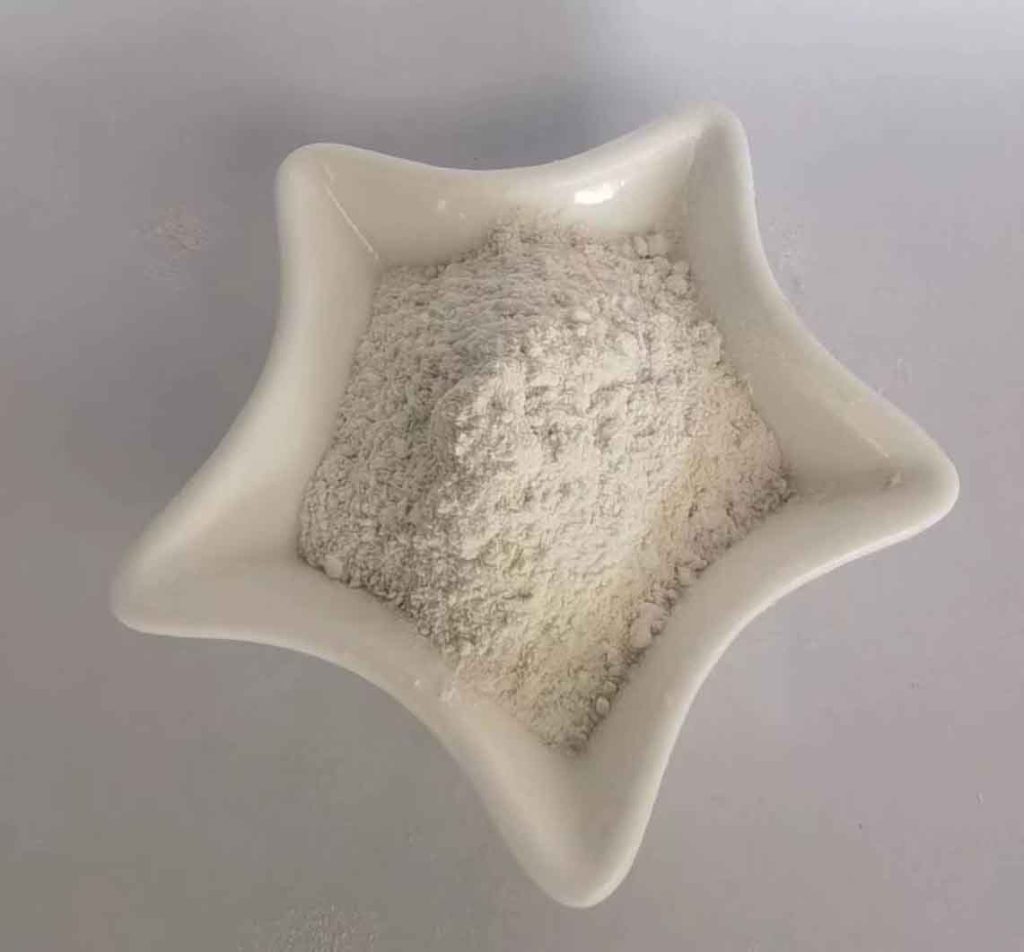Organo Bentonite
Characterization of Bentonite and Organobentonite
Organobentonite and bentonite has always been an interchangeable and associative words in a lot of industry. These two words have a little bit of difference, but they share a lot of similarities especially in their characteristics and properties.
Bentonite is a kind of absorbent clay made mostly of montmorillonite, an aluminum phyllosilicate. It is produced when volcanic ash is exposed to water over a lengthy period of time and undergoes weathering. Bentonite is a special kind of clay because of its capacity to swell when exposed to water. Montmorillonite’s ability to bind and store water molecules inside its layered structure is due to its high cation exchange capacity.
Organobentonite is also known as organically modified bentonite. It is type of bentonite clay that has been chemically modified with organic compounds like quaternary ammonium salts or surfactants. The modification process involves the intercalation of organic molecules between the layers of montmorillonite. It results in enhanced properties compared to natural raw bentonite.
Chemically Modified Smectites
Smectites are a class of clay minerals characterized by a layered structure and the ability to swell when exposed to water. These clays possess a high cation exchange capacity due to the presence of negatively charged layers, which can adsorb positively charged ions or molecules.
Bentonite is a commonly known smectite that exhibits excellent swelling properties. It is predominantly composed of the mineral montmorillonite. It is found in abundance worldwide and has been extensively studied for its diverse applications.
In the case of smectites like bentonite, chemical modification can lead to enhanced adsorption capabilities. One prevalent modification technique involves the conversion of bentonite into organobentonite. The intercalation of organic compounds enhances the surface area and pore volume of the clay, providing more active sites for adsorption. This modification can significantly improve the adsorption capacity of smectites, allowing them to effectively capture and retain target substances.
Synthesis, Characterization and Adsorptive Properties of Organobentonites
Chemically modified clays or organobentonites offer improved adsorption capacities, selectivity, stability, and versatility in various applications ranging from environmental remediation to water treatment and industrial drilling oil process and used as a rheology modifier.
Modified Clays in Environmental Protection
Organoclays have shown great promise in the purification of complex mixtures containing toxic metals. They are effective in treating multicomponent toxic metal solutions, real waste waters, and even oil field drilling mud. These sorbents have the ability to selectively adsorb and remove harmful substances, such as heavy metals, from contaminated water sources.
The versatility of organoclays makes them valuable in various industries, including wastewater treatment, industrial processes, and oil and gas operations. They provide an efficient and cost-effective solution for removing contaminants and pollutants from different types of water sources.
Adsorptive Removal from Wastewater Using Bentonite Clay
Adsorptive removal from wastewater using bentonite clay has emerged as a promising technique for water treatment. Organoclay derived from bentonite clay adsorbs pollutants such as heavy metals, organic compounds. It provide numerous active sites for adsorption, facilitating the removal of pollutants because of its large surface area and porous structure.
Critical in Drilling Fluids and Ideal as an Absorbent
As a rheological modifier, organobentonite is specifically formulated for low to mid polarity organic systems, making it well-suited for drilling fluids used in the oil and gas industry. Its unique properties allow it to enhance the viscosity and suspension characteristics of drilling fluids.
It serves as an excellent absorbent. Its modified structure enables it to effectively adsorb and retain a wide range of substances. The use of organobentonite or organoclay as both a rheological modifier and an absorbent demonstrates its multifunctional nature and adaptability to diverse industrial needs.
Organo Bentonite For Paints
Both interior and exterior house paints, including do-it-yourself paints, utilize organo bentonite for its rheological properties. It aids in controlling viscosity and prevents sagging or dripping during application, ensuring a smooth and even coating. Organo bentonite and organoclay also finds its way into paint stripper pastes, providing thixotropic behavior and facilitating the removal of old paint layers.
Organo Bentonite For Grease
The addition of organo bentonite improves the thixotropic behavior of greases. The greases will exhibit a higher viscosity when at rest but flow readily under shear. This characteristic allows the grease to adhere to surfaces and resist dripping or running off, ensuring long-term lubrication and protection.
Coil coating systems, commonly used in the manufacturing of metal sheets and coils, benefit from the incorporation of organo bentonite or organoclay. It helps improve the flow and leveling of the coating, ensuring uniform coverage and preventing defects.
Apart from greases and coil coating systems, organo bentonite finds applications in underbody sealants and sound-absorbing compounds. These materials are used in automotive and construction industries to provide corrosion protection, sound insulation, and sealing properties.
Organo Bentonite For Inks
The use of organo bentonite in printing inks is its ability to act as a rheological modifier. It helps control the viscosity and flow behavior of the ink, ensuring optimal printability and preventing issues such as ink splattering or bleeding.
It also aids in improving the dispersion of pigments in the ink formulation. It enhances the uniform distribution of colorants, leading to vibrant and consistent printing results. Organo bentonite and organoclay products contributes to sharper images, better color fidelity, and improved print resolution when incorporated with ink formulation.
Organo Bentonite For Drilling
Organo bentonite provides a protective layer on the surfaces of the drilled wellbore and the drill string, helping to mitigate the risk of corrosion. Corrosion can be a significant concern in drilling environments due to the presence of various corrosive elements, such as brines and hydrogen sulfide. The use of organo bentonite helps create a protective barrier that shields the metal surfaces from these corrosive agents.
It also has the ability to hinder fluid and gas penetration. By forming a stable and impermeable barrier, it restricts the migration of fluids and gases between different rock formations. This is particularly important in preventing unwanted fluid influx, such as water or gas, during drilling operations. It also acts as rheological modifier and contribute to its efficacy in drilling fluids. It enhances the viscosity and suspension characteristics of the drilling fluid.


